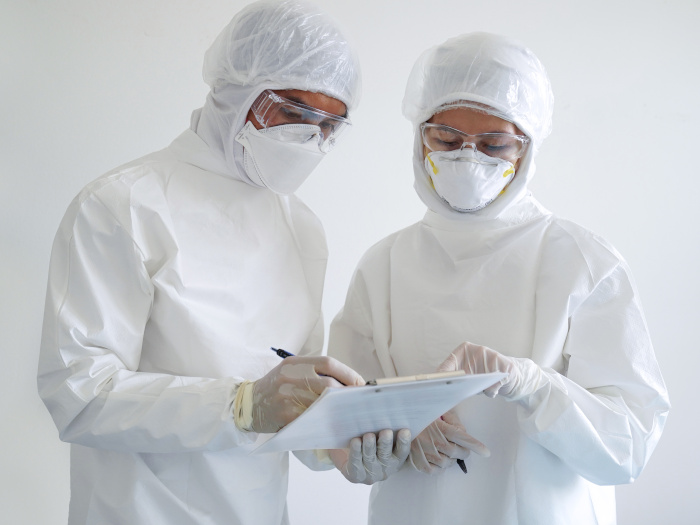Early testing for COVID-19 may not show accurate results. Research by John Hopkins School of Medicine, published in the Annals of Internal Medicine found that early testing for the presence of SARS-CoV-2 is likely to give us a false negative even when the patient may be infected. SARS-COV-2 is the virus that causes COVID-19. [1]

COVID testing must be rigorous and multi-faceted for high-risk individuals. Photo Credit: Shutterstock
The researchers focused on the reverse transcriptase polymerase chain reaction (RT-PCR), the test most commonly used for high-risk people. Previous use of this test has shown that can produce false negative in early stages, particularly when the tested sample does not contain sufficient presence of the virus. The researchers analyzed 7 previously published studies on RT-PCR performance.
In all, the studies covered 1,330 respiratory swab samples from outpatients and inpatients with SARS-CoV-2 infection. They found that during the first four days of the infection, before the onset of the symptoms, the probability of a false-negative result decreases from 100 percent (day 1) to 67 percent (day 4). The probability further keeps dropping as the infection progresses till day 9 when it again starts climbing.
The results indicate that false negative for the SARS-COV-2 virus is high during the first four days of the infection. This means that we must re-evaluate early test result interpretations and monitoring among high-risk individuals. RT-PCR cannot be the sole testing mechanism where clinical suspicion is high, concluded the researchers.
For the latest updates on COVID-19, please visit the CDC or the NIH. [2] [3]
